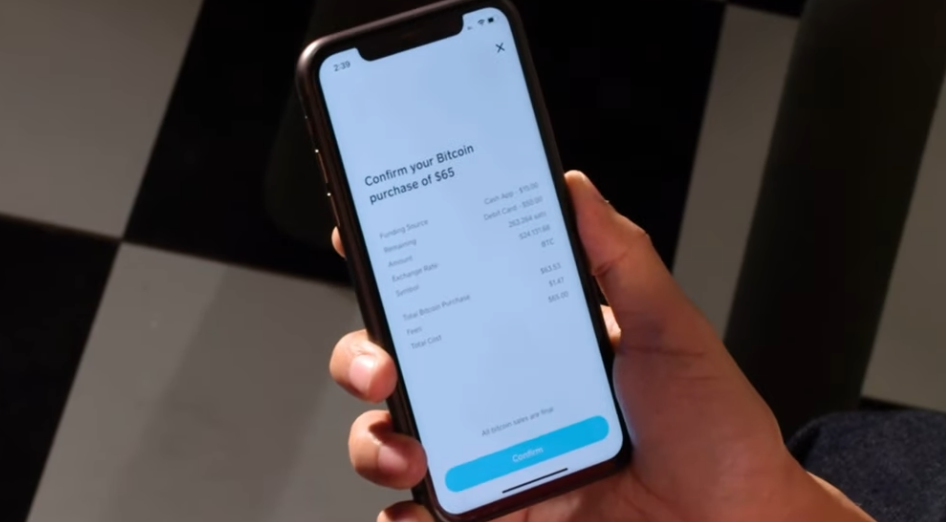In addition to being a court settlement, the turbocharger class settlement is a remarkably successful remedy for thousands of drivers of VW and Audi vehicles who had to pay high repair bills when their turbochargers failed too soon. The EA888 engine, which powers well-known models like the Golf GTI, Jetta, Passat, Audi A3, and Q5, is at the heart of the controversy. The problems that owners reported were remarkably similar: unexpected power outages, expensive repair quotes, and restricted coverage after the factory warranty had passed.
Lawyers united numerous individual complaints into a single collective case by utilizing a class action framework, guaranteeing that consumer complaints could no longer be dismissed. Drivers have benefited most from the outcome, as they can now request reimbursement for up to half of their out-of-pocket repair costs and, for newer models, take advantage of warranty extensions that offer protection against future malfunctions.
Additionally, the settlement establishes a very transparent claims procedure. Drivers can submit invoices demonstrating eligible repairs, and they may be reimbursed 40 or 50 percent of the labor and part costs, depending on the documentation. Even though the maximum amount for repairs made by non-authorized dealers is $3,850, this relief is still very effective in removing a long-standing financial burden.
Turbocharger Settlement Key Information
| Category | Details |
|---|---|
| Case Title | Kimball v. Volkswagen Group of America, Inc. et al. |
| Case Number | 2:22-cv-04163 |
| Court | U.S. District Court for the District of New Jersey |
| Defendant(s) | Volkswagen Group of America, Inc.; Audi of America, Inc. |
| Allegations | Defective turbochargers prone to premature failure in VW and Audi vehicles |
| Settlement Fund | Estimated $1.95 million + warranty extension obligations |
| Covered Vehicles | Select VW and Audi models (2008–2024) with EA888 engines |
| Benefits | 40–50% reimbursement for repairs, warranty extensions on turbochargers |
| Claim Deadline | November 29, 2025 |
| Final Approval Hearing | December 4, 2025 |
| Settlement Website | TurboClassSettlement.com |

On car forums, where owners share tales of turbocharger malfunctions and rejoice over the long-overdue accountability, discussions surrounding this settlement have become more heated in recent days. Similar to fan forums that used to reveal information about celebrity lawsuits, these threads have developed into community centers that demonstrate how digital platforms enable people to record and demand justice.
Volkswagen’s dependability and transparency have come under renewed scrutiny as a result of its emissions scandal. Although it is not an admission of fault, the turbocharger settlement serves as an example of how persistent mechanical problems can seriously harm a company’s reputation. Automakers must put forth a lot of effort to win back trust, frequently by demonstrating their ability to be both responsible and responsive, much like celebrities who rebuild their careers following scandals.
For existing drivers, the warranty extensions are noticeably better protections. VW and Audi vehicles from Generation 3 will now be covered for up to 8.5 years or 85,000 miles, shielding owners from the corrosion-related wastegate failures that led to numerous disputes. Although misuse and neglect are still excluded, the coverage extension is a particularly creative strategy for reestablishing client loyalty.
The auto industry shows a move toward preventive accountability through strategic settlements like this one. Companies are finding it more and more advantageous to reach an early settlement, win back customer trust, and steer clear of headlines that could harm their long-term brand value rather than dragging out legal battles. Carmakers are starting to realize that transparency and restitution can be surprisingly inexpensive investments in credibility, much like tech giants offering privacy settlements or pharmaceutical companies funding restitution funds. This trend is particularly evident when compared to other industries.
Just as compelling as the financial significance is the cultural one. Automobiles are more than just tools; they are individual representations of self-reliance and success. The betrayal feels personal when those vehicles keep breaking down. Therefore, the goal of the turbocharger class settlement is to rebuild trust rather than just make money. Drivers are more likely to forgive when businesses provide them with real support and acknowledge their mistakes, much like fans of a celebrity who owns up to their mistakes.
This case is especially poignant because it reflects broader trends in consumer rights. People are demanding accountability for products that are parked in their driveways, just as they did for social justice movements, financial institutions, and online platforms. Customers are revolutionizing industries by automating accountability and simplifying procedures that previously seemed unattainable for the typical buyer by incorporating this type of legal framework.

